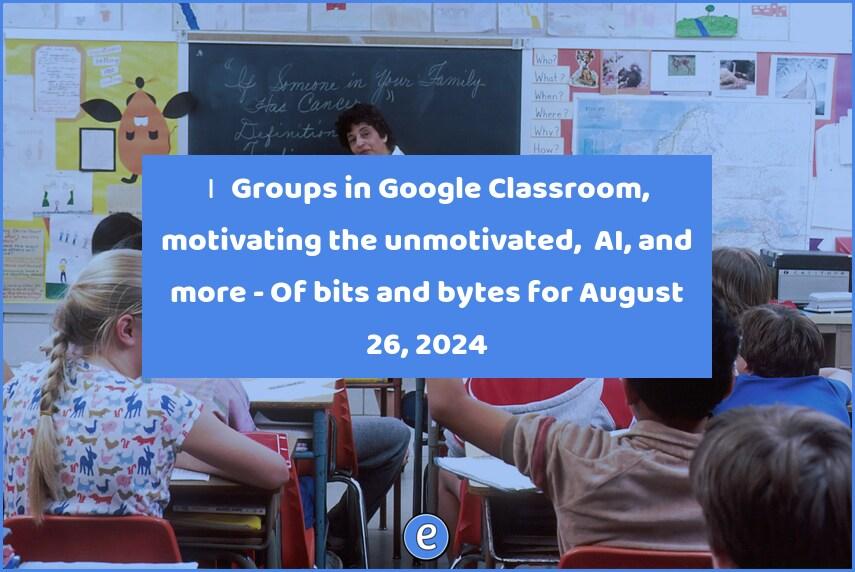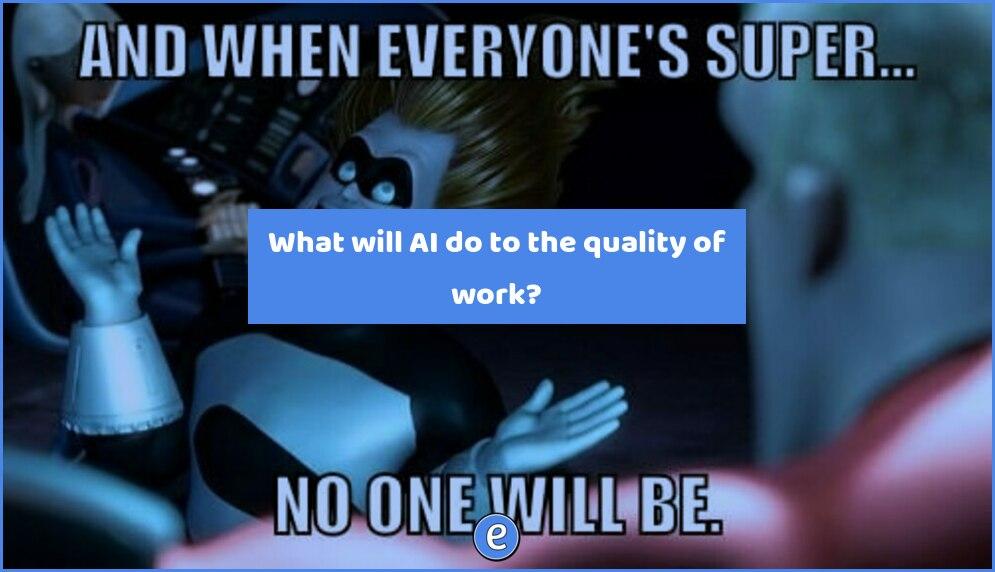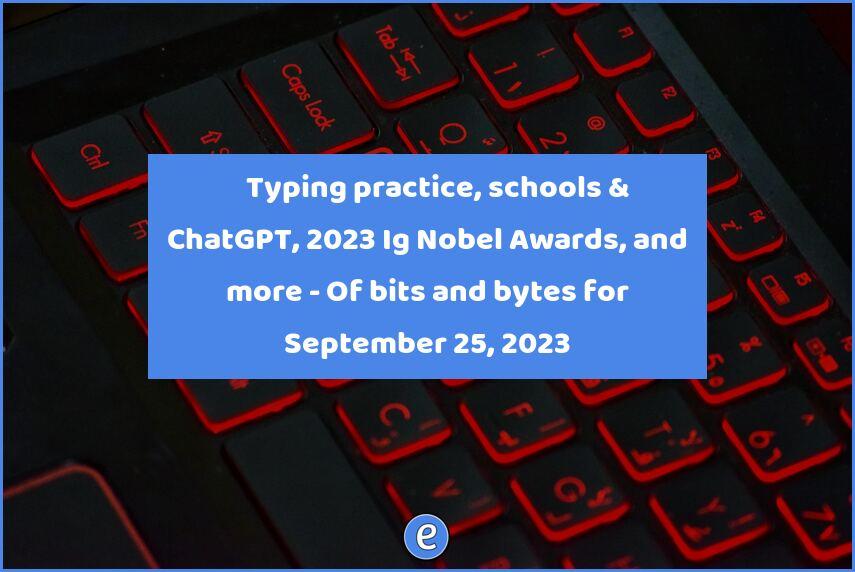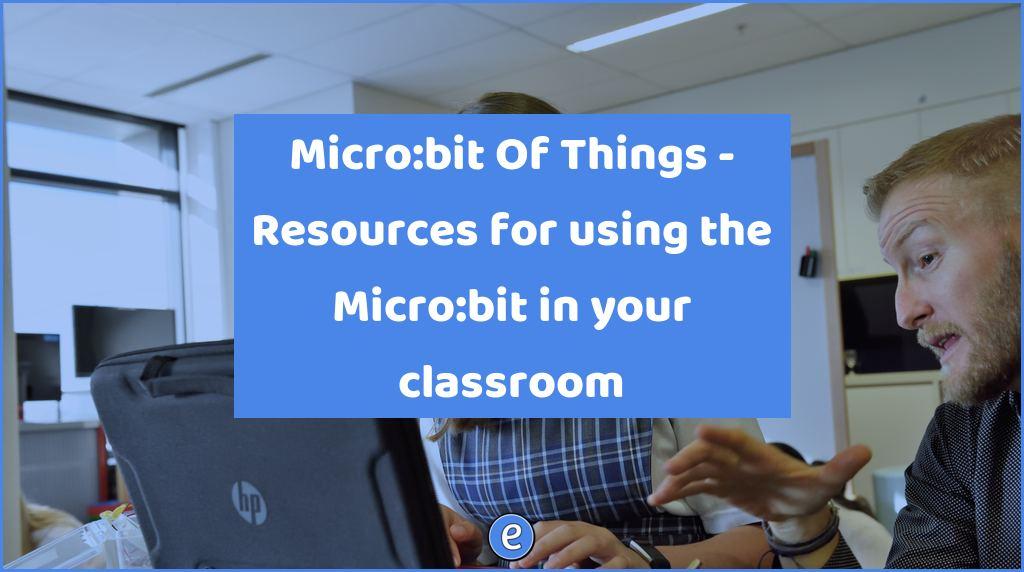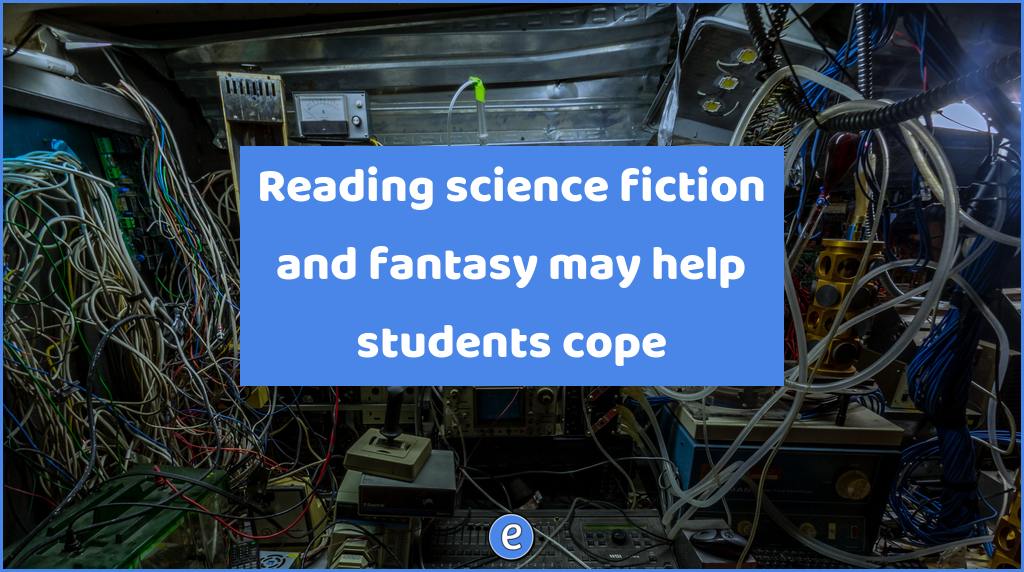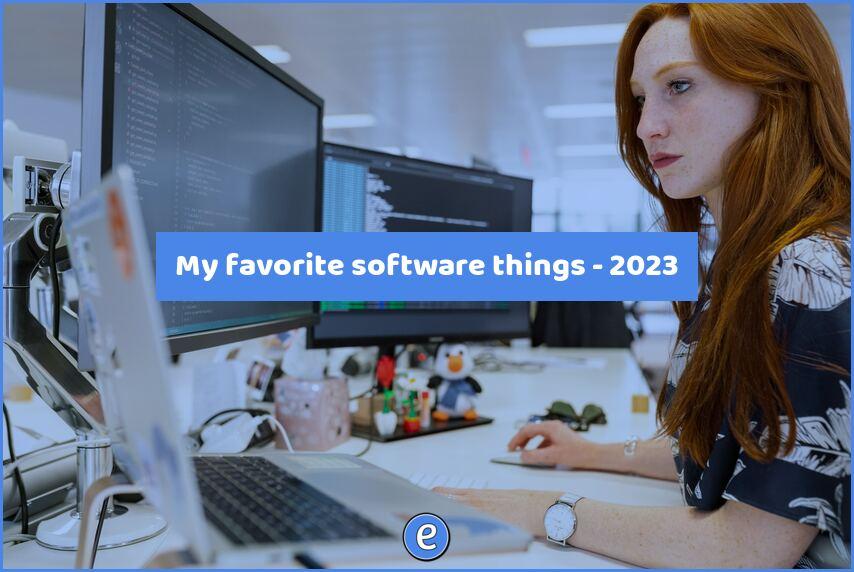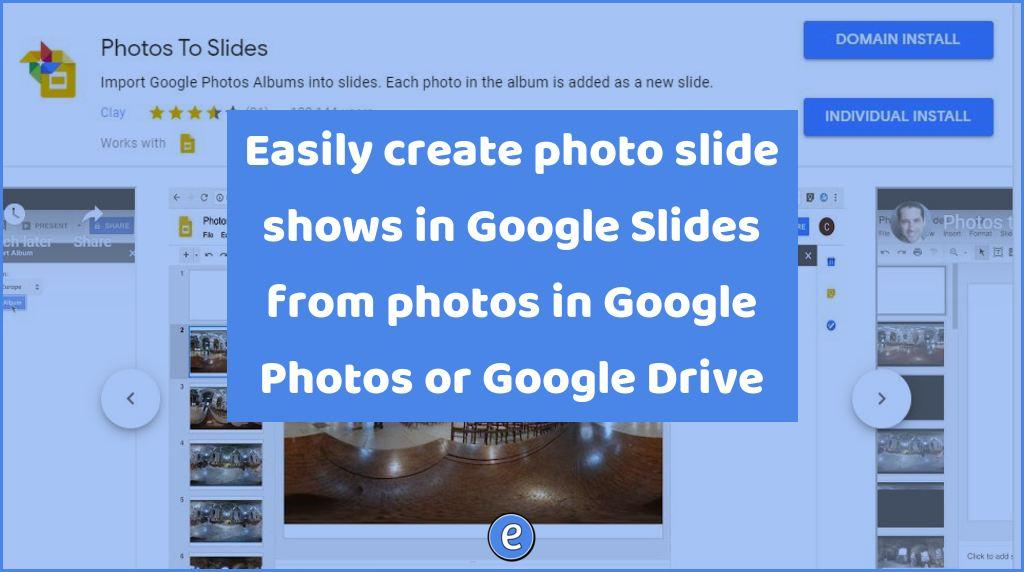🙋♂️ Groups in Google Classroom, motivating the unmotivated, AI, and more – Of bits and bytes for August 26, 2024
Internet Travels
Of bits and bytes is my weekly round up of interesting links and ideas I discovered on the internet. It is published on Mondays for the previous week
Oh my, did the start of the school year hit like a ton of bricks followed up by what seemed like complete buildings falling down. Students started on Wednesday, which meant that the technology department was very popular on Tuesday. Wednesday was the calm before the storm because it came like gangbusters on Thursday. We were averaging a new ticket every 4 minutes on that day!
But, this happens every August, and it will slow down to the point where we can get caught up and get back to doing amazing things.
Learn21 is a proud sponsor of Eduk8me and the Of Bits and Bytes newsletter. Read more about their mission at Learn21.
Apps
Google Classroom now supports student groups, making organizing and managing classrooms easier. Teachers can create groups for projects, differentiated instruction, or any other classroom need. This feature aims to streamline the learning experience and foster collaboration among students. This is a features that teachers have been requesting for years, and I’m so glad we now have it!
Google is rolling out ChromeOS 127, bringing some neat new features for Chromebook users. The Gallery app now allows for easier manipulation of PDF pages, including deletion and reordering via mouse or keyboard shortcuts, and introduces a new PDF OCR AI reader to help make documents accessible for low vision and blind users. There are also markup tools and a signature tool added for use with PDFs. Perhaps most exciting for students, they can now easily access their Google Classroom assignments directly from the date on the bottom Shelf, listing upcoming, due, missing, and completed tasks.
Pedagogy
Although the article is geared toward higher education, it still lays the groundwork for some strategies on motivated students. By exploring the common struggles students face, from financial stress due to rising tuition and student debt to the pressure of difficult coursework, it highlights how these factors can lead to burnout, anxiety, and even force students into career paths driven by salary rather than passion.
The piece suggests that pacing oneself and considering alternatives like online learning or attending community colleges can help balance education, work, and personal life while minimizing debt. Moreover, engaging students with real-world applications of academic concepts can boost their motivation. Educators play a crucial role here by helping students see the relevance of their studies in practical terms.
Schools are facing a new challenge with students using artificial intelligence to cheat, and it’s proving tough to manage. Traditional plagiarism detection tools like Turnitin can flag AI-written content, but they aren’t foolproof and can wrongly accuse students. In response, some teachers are adopting innovative tactics, like embedding hidden clues in assignments to catch AI, as one professor did by asking for a subtle Batman reference. While 59% of teachers are convinced that AI cheating is happening, the number could be higher or lower since the cheating is so difficult to catch.
- CURMUDGUCATION: How Khan Academy (And Others) Fudged Their Research
- Can A.I. Make You Creative? Yes—But There’s a Cost
- Opinion | What Teachers Told Me About A.I. in School – The New York Times (Archive)
Technology
Chicago Public Schools’ new AI guidebook has been met with criticism for its inadequate and misleading instructions on how to ethically incorporate AI into education.. The guidebook fails to provide clear explanations of AI technology and poses unrealistic expectations on teachers, such as thoroughly vetting AI-generated material for accuracy and potential copyright issues. While some recommendations, like using AI for brainstorming or as a tutor, have merit, others, like conducting virtual experiments instead of actual ones, undermine the educational process. Overall, the guide appears to lack practical, actionable advice and does not effectively address the ethical complexities of integrating AI in schools.
A recent study revealed that high school students relying on generative AI for math exam preparation fared worse on actual tests compared to those who didn’t use AI. Despite the promise of AI as a “personal tutor for every student,” the reality is that students often misuse these tools, leading to disengagement from the material. Pilots like Khan Academy’s Khanmigo have shown mixed results, emphasizing that while AI can aid learning, it should complement rather than replace human teachers. Researchers and educators agree that effective integration of AI requires careful guidance and design to ensure it supports, rather than hinders, student learning.
- 5 AI Essentials For K-12 Teachers Back At School
- Digital Equivalent of Inbreeding Could Cause AI to Collapse on Itself : ScienceAlert
Tips
Recent research shows a shocking 90% of employees are using their work laptops for personal activities, which poses significant cybersecurity risks.. The study by ESET highlights dangerous behaviors such as accessing the dark web, viewing adult content, gambling, and illegally streaming sports. You technology department thanks you.
Pop Culture
In seven experiments studying the relationship between digital switching and boredom, researchers Katy Tam and Michael Inzlicht found that people often switch between or within videos to escape boredom, but paradoxically, this behavior increases their boredom. In the initial experiments with university students, digital switching during video consumption led to greater boredom, reduced satisfaction, attention, and meaning compared to non-switching scenarios. However, attempts to generalize these findings to more diverse samples and different forms of media, like online articles, yielded mixed results. After more experimentation, the impact of switching on boredom appeared influenced by experiment order. Participants felt bored in non-switching conditions only when it followed a switching condition, likely due to increased perceived opportunity costs.
The research highlights a significant insight: while people believe switching helps avoid boredom, the constant shifting often prevents full engagement and meaning-making, thereby intensifying the unpleasant experience of boredom. This suggests that greater enjoyment might be better attained by immersing oneself fully in chosen digital content rather than switching frequently.
- Neuroscience Says This Is the Best Way to Start a Persuasive Presentation | Inc.com
- NamibiaCam – YouTube – Live cameras in Namibia, Southern Africa.
- Singing from memory unlocks a surprisingly common musical superpower – Proof that everyone can sing!
- How to Give a Great Compliment – The Atlantic
- 7 Performances That Bring the Creative Process to Life – Reactor
Thank you!
Major props if you’ve made it this far, you are a rockstar! Feel free to contact me with questions, ideas, concerns, or your thoughts on the next Marvel movie. In fact, I love to discuss about any topic and then wonder how it intersects with education, so fire away!
“Yesterday is history, Tomorrow is a mystery, but Today is a gift. That is why it is called the present.” – Oogway, Kung Fu Panda

By design, the vast majority of Of Bits and Bytes readers never pay anything for the links, commentary, and tips it provides. But you made it all the way to the end of this week’s edition — maybe not for the first time. Want to support more journalism like what you read today? If so, click here.
Be sure to subscribe to my YouTube channel and join your fellow educators on the Eduk8me email list!
